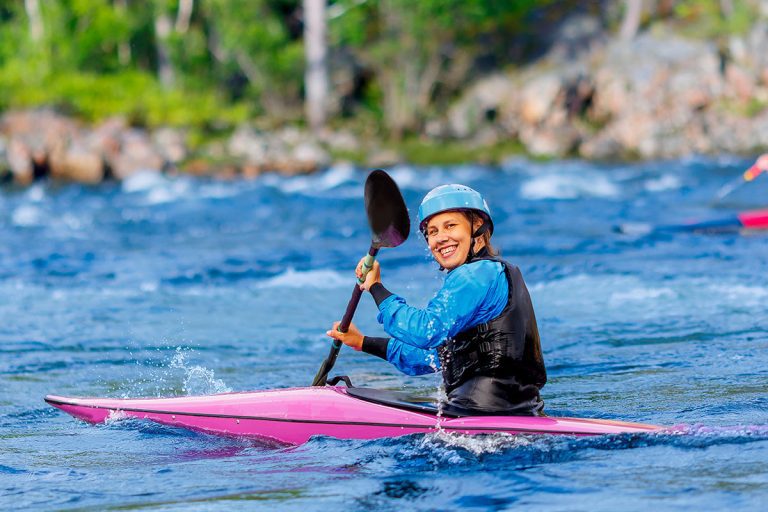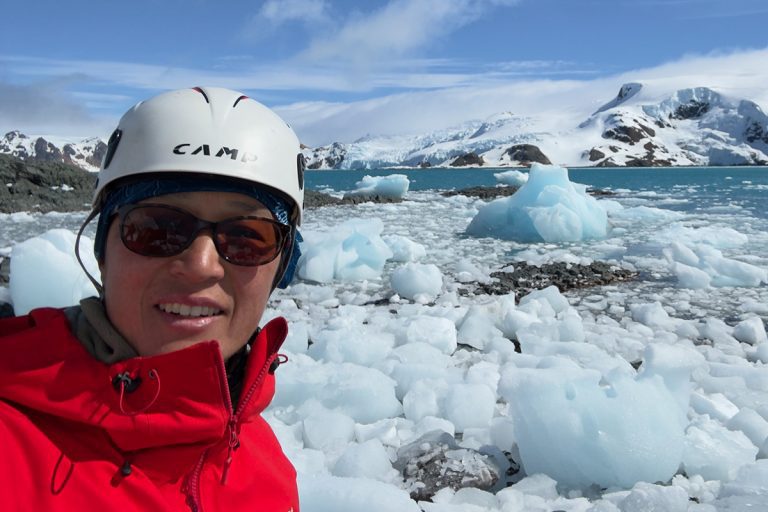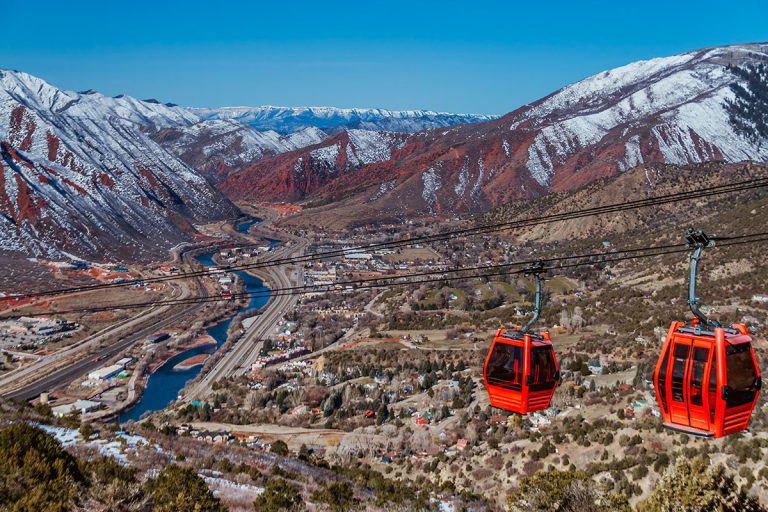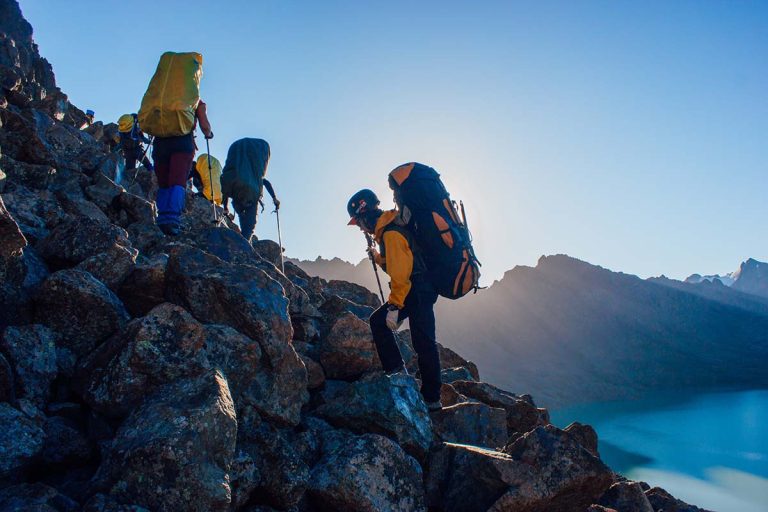Voluntary Standards Help Private-Sector Outdoor Education Providers in Singapore Manage Risk
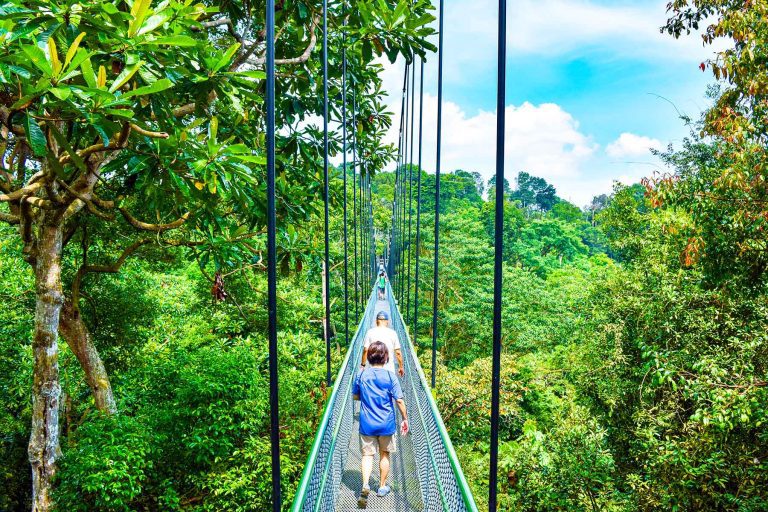
Viristar’s current cohort of Risk Management for Outdoor Programs course participants includes leaders from outdoor programs in Singapore. Singapore boasts an admirably strong commitment to quality outdoor education. Providers in both the public and private sectors in Singapore offer outdoor education experiences.
The cohort discussed a promising set of standards for outdoor safety developed by the Outdoor Learning & Adventure Education Association (OLAE). These standards, first published in 2018, can help ensure a high quality of operations by private providers of outdoor education in Singapore.
(The largest provider of outdoor programs in Singapore is a public entity under the Ministry of Culture, Community and Youth. OLAE was set up in part to help ensure a place for private operators, as governmental-led programming increased under Singapore’s National Outdoor Adventure Education Master Plan.)
High quality risk management standards, and a robust accreditation process to help ensure those standards are followed, can effectively support excellence in safety. They reduce the pressure to cut safety corners in order to diminish costs and increase competitiveness. Although compulsory standards may be more effective than voluntary efforts, in the absence of national or regional-level outdoor safety legislation such as seen in New Zealand, the UK, Switzerland, and Finland, the standards and accreditation process established by OLAE can provide an important and valuable resource for private-sector outdoor education providers in Singapore.
Even a high-quality outdoor safety accreditation process can’t prevent all incidents, however. The recent tragic death of a young person on a high ropes course in Singapore during a program conducted by an OLAE member organization is a grim reminder of this fact.
In response, OLAE is tightening guidelines and working to improve Challenge Ropes Course standards.
OLAE is not alone in seeing the need for continuous improvement. The Association for Experiential Education, a North America-based accreditor of experiential adventure programs, regularly updates its accreditation process and standards to reflect advances in safety science and the outdoor/experiential industry.
The best current thinking in risk management tells us that it is not possible to eliminate all risk of loss in outdoor adventure activities. This is true despite top-quality training, equipment management, medical screening and other incident prevention steps. Incidents typically arise from a combination of risk factors that interact in unpredictable ways to lead to mishaps. In viewing outdoor and adventure activities through the lens of complex socio-technical systems theory, we can recognize that risks can be reduced, but not all risks can be entirely eliminated.
That said, however, standards such as set forth by OLAE can help outdoor education, outdoor recreation, wilderness adventure and similar programs reduce risk to socially acceptable levels. They can be a powerful and positive influence on risk management for outdoor programs, and wide-spread adoption of high-quality standards should be supported.
